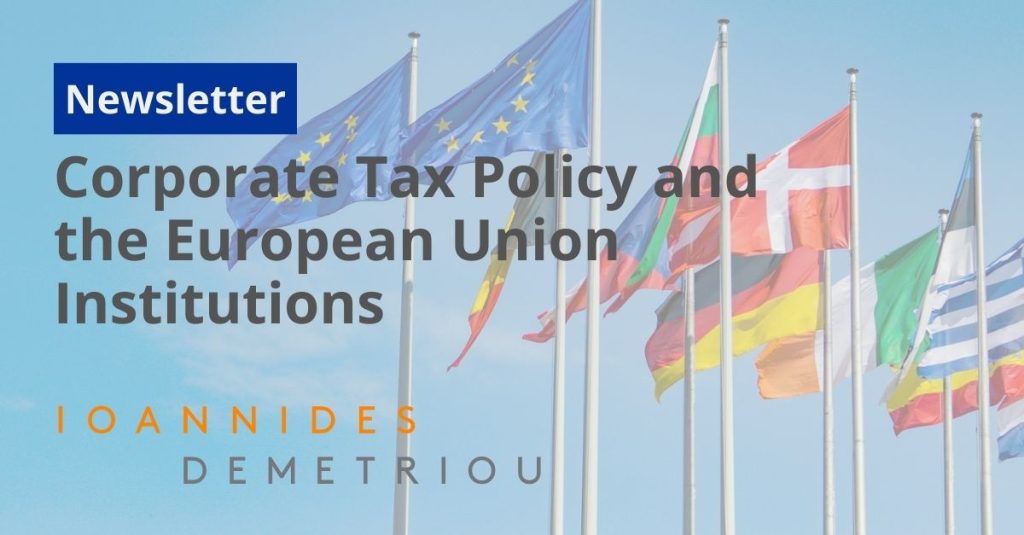The European Union (EU) is known for its complex and multifaceted governance structures, which often require consensus among member states to enact significant policy changes. One of the most contentious areas in recent years has been tax policy, where unanimity has traditionally been required for any legislative action. However, the EU is now considering a bold shift to end this requirement, a move that has sparked considerable debate and opposition from several member states.
EU’s Tax Policy Shift: End of Unanimity Proposed
In an effort to streamline decision-making and enhance fiscal unity, the European Commission has proposed ending the unanimity requirement for tax matters within the EU. This policy shift aims to address the frequent deadlocks that have plagued tax legislation, often resulting in protracted negotiations and diluted compromises. Proponents argue that the unanimity rule has allowed individual countries to wield disproportionate power, effectively stalling critical reforms needed to combat tax evasion and ensure fairer tax distribution across the Union.
The proposal suggests replacing unanimity with qualified majority voting (QMV), a system already in place for many other policy areas within the EU. Under QMV, a decision would require the approval of at least 55% of member states, representing at least 65% of the EU population. This change is seen as a way to make the EU more agile and responsive to global economic challenges, fostering a more cohesive and competitive internal market.
Supporters of the policy shift also highlight the potential benefits for smaller member states, which often find themselves overpowered by larger economies in bilateral negotiations. By moving to QMV, the EU could create a more balanced playing field, ensuring that tax policies reflect the collective interests of all member states rather than being subject to the veto power of a few.
Member States Push Back Against Tax Reform Plan
Despite the potential advantages, the proposal to end unanimity in tax matters has encountered stiff resistance from several member states. Countries like Ireland, Hungary, and Luxembourg, which have benefited from favorable tax regimes, argue that the change could undermine their economic models and sovereignty. These nations fear that QMV would enable larger states to impose tax policies that could harm their competitive edge and economic stability.
Critics also contend that tax policy is intrinsically linked to national sovereignty and should remain under the purview of individual governments. They argue that a one-size-fits-all approach to taxation could lead to policies that do not account for the unique economic circumstances of each member state. This perspective is particularly strong in countries that have used tax incentives to attract multinational corporations and drive economic growth.
Furthermore, the opposition is not limited to smaller states. Some larger economies, wary of losing their ability to negotiate favorable terms, have also expressed reservations. The debate underscores the deep-seated tensions within the EU regarding the balance of power between collective decision-making and national autonomy. As the proposal moves forward, it is likely to face significant hurdles, requiring careful negotiation and compromise to achieve any form of consensus.
The EU’s proposal to end unanimity in tax matters represents a significant shift in its approach to fiscal policy, aiming to foster greater unity and efficiency. However, the strong opposition from member states highlights the complexities of balancing collective interests with national sovereignty. As the debate unfolds, the EU will need to navigate this political minefield with caution, seeking a path that respects the diverse economic landscapes of its member states while striving for a more integrated and resilient Union.
